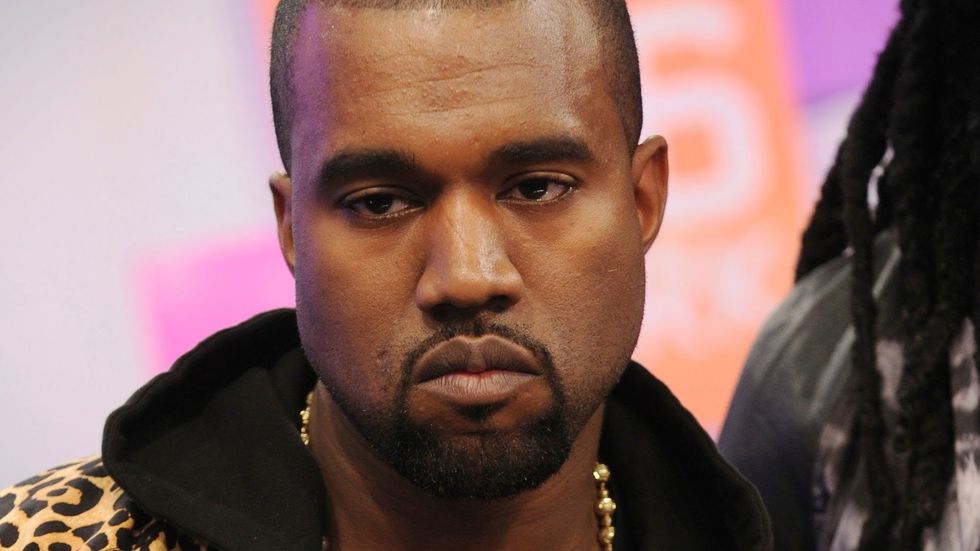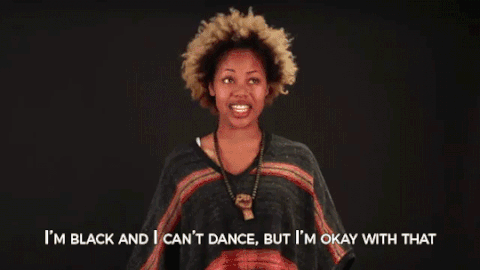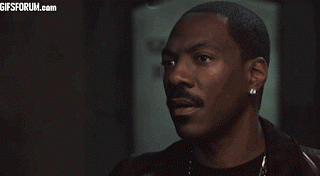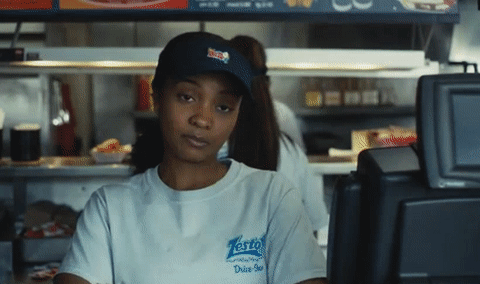Growing up as one of the only black kids in your town/school can be an incredibly lonely experience. No young kid wants to be the odd one out -- especially when what sets them apart is an aspect of their identity that they cannot change. Black kids who grew up around people different than them face a specific set of struggles that only those who went through this experience can relate to.
Overall, we appreciate all of the friends in our lives, regardless of race. Just because we speak about our struggles as black people in America does not mean that we don't appreciate white people or that we have secretly hated all of our white friends our entire lives. It's difficult being black in this country, especially when you weren't raised to appreciate your skin color; but use our personal experiences to enrich your understanding of the lives of Americans. Instead of getting offended, learn what you can do to make your black friends feel loved and supported.
This post is intended to create a safe and welcoming space for black people who had these experiences -- not to insult white people or to degrade our experiences in our schools/town.
1. As a kid, you probably struggled to like your skin color/natural hair Kid
If you're a black woman, you probably quickly realized that you’d never fit the box of the “pretty girl” because your skin and hair set you so far from your school’s standard of beauty. All of your friends probably had long and straight hair, which immediately made you hate your short and kinky curls. You know all too well that self-love is a journey that is especially made difficult when you're the odd one out.
2. People used black stereotypes as an icebreaker with you
When you were the only black kid at a social gathering, there always were those kids who would immediately try to have a conversation about rappers, fried chicken, basketball, or twerking. Once you got past those awkward conversations, they would realize that you bond on things much larger than stereotypically black interests, but the icebreakers were always cringe-worthy.
3. You've heard "Are you and [other black person] related?" too many times
No, you guys aren't not related, and you probably don't even look alike. If everyone who is the same skin color is related, then half the school is dating their sibling.
4. You've also heard "You and [other black person] should date!" way too many times
Everyone always assumed that you were only interested in dating guys/ girls that were the same race as you. Interracial relationships are more common than ever yet no one even pondered the idea of you having a crush on someone of the opposite race. You've had to turn down this matchmaking advice too many times.
5. Everyone mixed up your name with the other black people at your school
And you probably just played it off to save their amazement at the fact that you aren't who they thought you were. You've probably pretended to be every other black person at your school at some point so that you can avoid discomfort. Your teachers probably never learned your name either.
6. You felt somewhat outside of the culture because you didn’t grow up watching Martin
Martin was a big deal, I guess. I personally didn't know that show existed until late middle school.
7. You've seen white people get called “cool” for the same things that made you “too black”
Out of nowhere, your lifelong interests, styles, and hobbies became “cool”. Whether your classmates started copying your style/ mannerisms and worshipped you, or completely disregarded you and praised those who copied your styles/ mannerisms, you always noticed that it was considered cooler on them than it ever was on you.
8. You felt out of place when you went to a more diverse school/area because you didn't know their lingo
And you realized that you felt more connected to your white friends than your black friends. Because of where and how you were raised, you just cannot relate to a lot of the things that your black friends bond over. You felt “too black” at home, but “not black enough” among people of your skin color.
9. You hesitated speaking up on important racial issues because you didn't want to be the “angry black girl/ boy” or “social justice warrior”
You wanted to stand up for yourself and help fight for justice so that your children could live in a more tolerant world than you do but every time you even mumbled a political opinion, some of your friends would shy away. People immediately ignored any political sentiment that came out of your mouth unless it was something conservative. Even if your friends’ opinions aligned with your own, you still were viewed as the “angry black woman/ man,” while they were viewed as the “woke and tolerant white person”.
10. You were called an Oreo for most of your life
And we're always told that, “You're the whitest black person I know”.
You felt limited in who your peers wanted you to be. While your friends may have accepted you for who you are, you always noticed how eager they were to group your personality with a race. You know this joke had harmless intentions, but it still bothered you.
11. Your black friends/ family members said that you’re too “white”
Again, you felt stuck in an island between “acting white” and “ acting black”. It's clear to you and any stranger that you're black, but everyone still generalized your personality and interests based on which race they think you “act like”.
12. You were known around town as the “good black person”
And heard “You’re different because, like, you’re not ratchet” a lot. You've probably also been approached by an older white person who asked if you watch BET or made make an attempt to prove that they're not racist.
13. EVERYONE in the class looked at you when you were learning about slavery
Worst. Classes. Ever. You might've grown up resenting learning about civil rights and African American history because it felt like the class was only being taught for you. Black History Month was also the worst month of the year growing up because your friends and classmates always acted awkwardly around you.
14. And your teachers always made an obvious attempt to relate to you
The amount of teachers who asked if you celebrate Kwanzaa, if you still live with your father, or what country in Africa you're from is astonishing.
15. You're familiar with the”joke”: *lights turn off* “OMG where did ___ go?!”
Ha. Ha. Ha. Very funny.
16. You had to explain to your friends why they can’t say the N word
And heard them say it anyway.
Seriously though, whether you're singing it in a song or saying that I'm “[your] n****”, it felt like a punch in the face. It's a racist word and you just couldn't justify it being used to describe you/ around you.


























